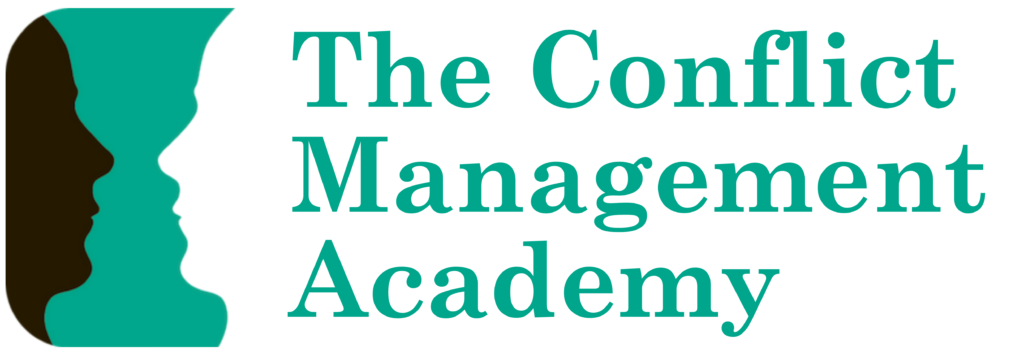Webinars for everyone!
Whether you are an individual wanting to improve your personal conflict skills and confidence, a leader wanting to create a conflict positive workplace, or a conflict resolution practitioner wanting to develop your practice towards artistry, we have a webinar suitable for you.
Each webinar is AU$47+GST.
The 3-part webinars are AU$97+GST.




































